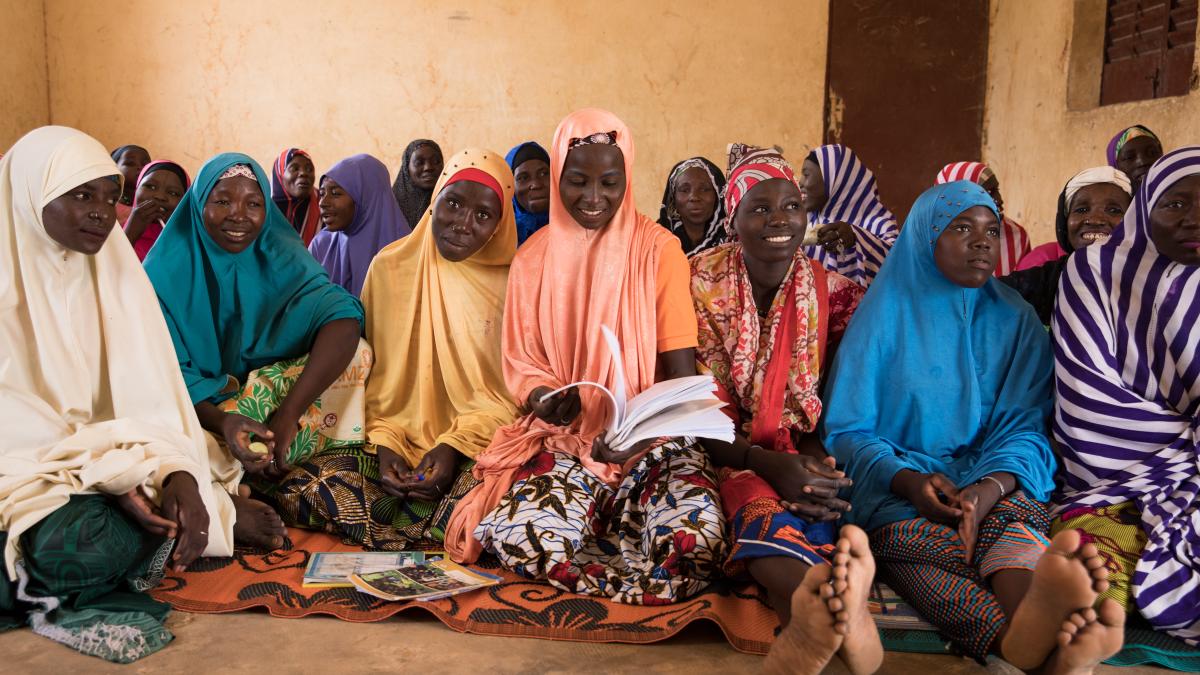
Niger consistently ranks at the bottom of the United Nations Human Development Index. Low human capital development is often attributed to inadequate access to quality social services, such as education. Factors that contribute to the low level of educational attainment include high dropout rates, high illiteracy rates, insufficient resources and infrastructure, unqualified teachers, weak local governance structure, and high vulnerability to instability. In addition, Niger has the most youthful population in the world — 58% of the population are under the age of 18.
Over half of Nigerien children are out of school and nearly 70% of those aged 15 to 24 are neither in employment, nor in education or training. For those enrolled who are in schools, there is a high risk of drop out due to poor retention conditions. Niger has a high rate of gender-based violence and early forced marriage. 76 percent of girls are married before age 18 and the average age of first marriage for girls is 15.7 years.
Our Work
USAID Education programming is largely integrated across sectors and is designed to promote girls’ education and increase access to livelihood opportunities for youth.
Youth Engagement
Harnessing the power of youth is one of the most pressing issues faced by Niger. Young people are challenged by bleak economic prospects and an uncertain future yet hold the region’s greatest potential for prosperity.
USAID is supporting youth in Niger through the Youth Connect activity. The activity is based on the premise that, by enhancing the capacity of and interactions between youth, markets, and government and civil society actors, youth will have increased access to strategic economic opportunities and opportunities for positive civic engagement, ultimately building resilience to resist violent extremist messaging and reduce its devastating impact. Youth Connect has three main objectives:
- Youth are equipped with market-relevant skills to prepare them to earn a living.
- Youth and youth groups have access to improved livelihoods.
- Youth and youth groups are actively engaged in local governance structures to advocate for their own development needs.
Preventing Child Early Forced Marriage And Unions
USAID is also contributing to the reduced incidence of early marriage through GirlEngage Niger by focusing on two primary objectives. First, religious and community leaders in target communities, as well as parents, are engaged so to value and prioritize female children. Through the second objective, adolescent girls obtain improved access to quality and safe basic education opportunities. The program aims to position girls as advocates for their rights and improved education, encourage boys and young men to support girls, and collaborate with influential religious and community leaders in reflective conversation around the promotion of girls’ education and delayed marriage.
Our Goals
- Increased educational attainment for youth
- Increased access to livelihood opportunities for youth
- Increased access to girls’ education
- Reduced incidence of child early forced marriage
